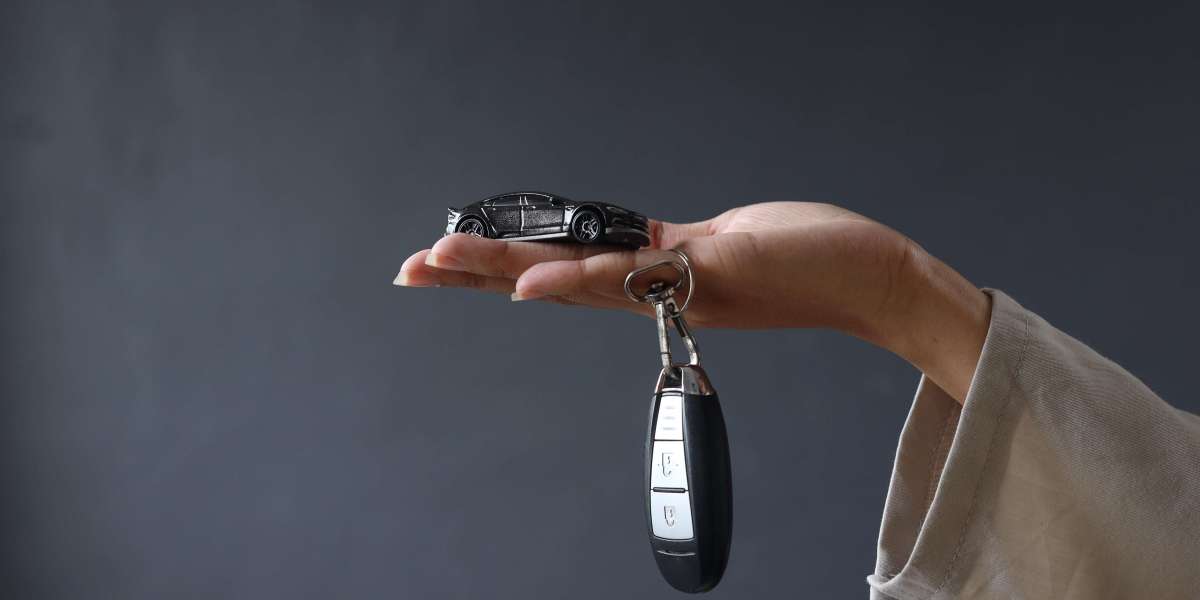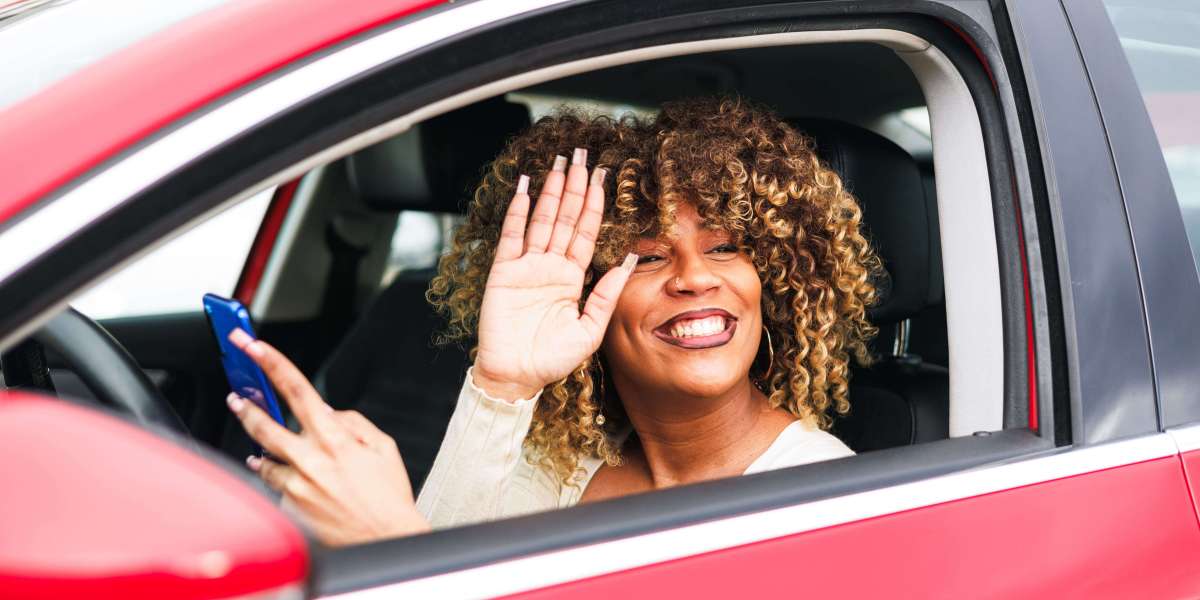A Comprehensive Guide to Obtaining a Driver's License
Obtaining a driver's license is a crucial turning point for numerous people, marking the shift into their adult years and self-reliance. It is not only an essential action towards personal freedom however likewise a method to facilitate mobility for work, school, and leisure. This post offers a helpful summary of the procedure associated with obtaining a driver's license, consisting of the requirements, actions to follow, and answers to frequently asked concerns.
The Importance of a Driver's License
A driver's license serves numerous functions, consisting of:

Proof of Identity: A driver's license is often considered as among the most valid types of recognition.
Legal Authorization: It grants people consent to run a motor lorry, making sure compliance with state and federal guidelines.
Insurance Necessity: Many auto insurance suppliers require drivers to have a valid license to obtain coverage.
Convenience: A driver's license enhances movement, permitting people to commute quickly without relying on public transport.
Eligibility Requirements
Before starting the journey to get a driver's license, it is important to comprehend the eligibility requirements, which might vary a little from one state to another. Normally, the following requirements prevail:
Age: Most states require applicants to be a minimum of 16 years old to request a student's authorization, with full licensing readily available by age 18.
Residency: Applicants need to be citizens of the state in which they are using.
Knowledge: Many states need potential drivers to pass a written understanding test covering traffic guidelines and guidelines.
Vision: A vision test is generally mandated to ensure that candidates can see sufficiently to run an automobile securely.
Documentation: Applicants need to present certain files, such as evidence of identity, residency, and often social security number.
Necessary Documents to Prepare
To facilitate the application procedure, people should collect the necessary files ahead of time. Frequently required documents consist of:
Proof of Identity: This might include a birth certificate, passport, or government-issued ID.
Proof of Residency: An energy costs, lease agreement, or bank declaration might be sufficient.
Social Security Number: It might be necessary to produce a Social Security card or a document showing the number.
Adult Consent (if applicable): For applicants under 18, a parent or guardian's signature may be needed.
Steps to Obtain a Driver's License
The procedure of obtaining a driver's license can be broken down into a number of essential actions:
Step 1: Obtain a Learner's Permit
- Prepare for and Take the Knowledge Test: Study your state's driver handbook to understand the guidelines of the road.
- Pass the Vision Exam: This ensures you satisfy the minimum vision standards.
- Total the Application Form: Fill out the required documents either online or face to face.
Action 2: Practice Driving
- Supervised Driving: Most states need new drivers to log a particular variety of hours driving with Buy A Driver License certified adult.
- Driving Skills: Focus on mastering necessary driving skills, such as parallel parking, highway combining, and following traffic signals.
Action 3: Schedule a Driving Test
- Select a Testing Location: Locate a DMV or authorized testing center that provides practical driving tests.
- Get ready for the Test: Review the skills needed for the driving test, which may consist of maneuvers, parallel parking, and safety checks.
Step 4: Take the Driving Test
- Get here Early: Being punctual assists alleviate any pre-test stress.
- Bring Necessary Documentation: Present your student's license and any required documents.
- Follow Instructions: Listen carefully to the examiner's instructions and show your driving abilities confidently.
Step 5: Pay Fees and Receive Your License
- Upon passing the driving test, people will generally be needed to pay a licensing charge.
- In the majority of states, the main driver's license will be mailed or supplied on the area.
Preserving Your License
When a driver's license is acquired, it is essential for new drivers to stick to traffic laws and guidelines consistently. Continued education and responsible driving practices will guarantee a safe driving experience and may even result in a reduction in insurance coverage premiums.
FAQs About Obtaining a Driver's License
1. What is the minimum age to look for a learner's license?
A lot of states permit individuals to request a learner's license at the age of 15 or 16, depending upon particular state laws.

2. Can I get a driver's license without a learner's authorization?
No, in most states, a learner's authorization is a requirement for a full driver's license, enabling new drivers to practice under guidance.
3. For how long is a driver's license legitimate?
Driver's licenses normally remain valid for 4 to 8 years, depending upon the state. Renewal procedures may vary.
4. What takes place if I fail the driving test?
If you fail the driving test, you are normally permitted to reschedule for another attempt after a predetermined waiting duration. Make certain to review feedback from the inspector to enhance your abilities.
5. Do I require insurance coverage to get a driver's license?
While insurance is not always a requirement to obtain a license, it is mandatory to have car insurance before driving legally on public roads.
Getting a driver's license is a substantial achievement that includes a series of actions and compliance with state regulations. By comprehending the requirements, preparing sufficiently, and practicing responsibly, people can browse the procedure efficiently and enjoy the newfound freedom that features being a licensed driver. Whether it is travelling to work or starting a roadway journey, a driver's license opens doors to many opportunities and experiences.







